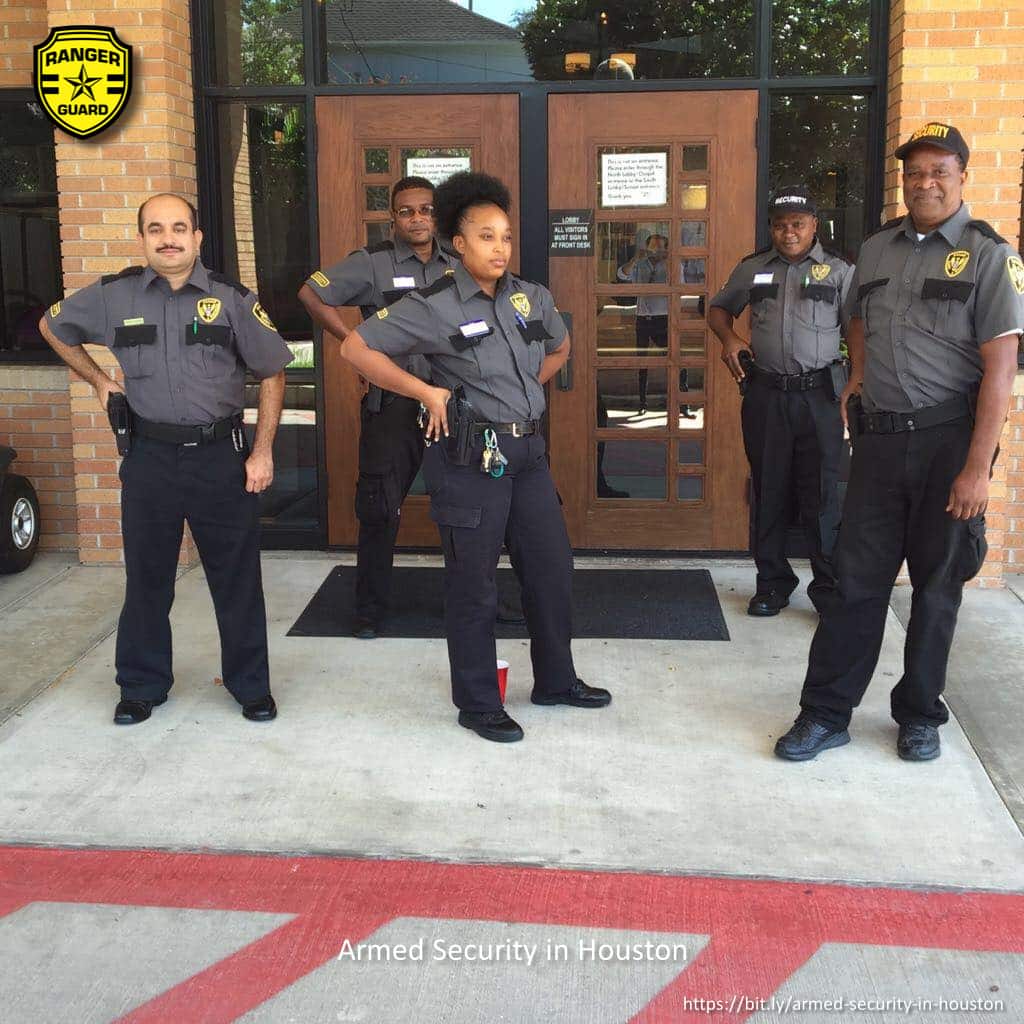Corporate investigation has become a popular topic in recent years. High-profile corporate investigations have increased the public’s awareness of this type of event, and the media loves to report on these stories. There are many misconceptions about what can happen during corporate investigations – for example, they’re only used when something terrible happens or that an investigation will be costly. Learn information about Houston, TX.
A corporate investigation is an inquiry into corporate affairs. It can be done by the government, a regulatory agency, or a private party. The scope of the study will vary depending on who’s doing it and what they are looking for. Investigations can involve everything from environmental protection to financial crimes such as fraud and embezzlement. If you need help with your corporate studies, contact a professional specializing in this type of work. Discover facts about Corporate Investigations: What They Mean for You.

An investigation is typically a process that becomes necessary in the following circumstances:
The company needs to resolve matters quickly. This can be due to several reasons, including pending litigation or shareholder activism. The corporate affairs team may need an independent investigator who can provide objective analysis and recommendations when suspicious corporate activities could lead to government fines or prosecution for insider trading. In addition, business teams often outsource corporate investigations as part of their day-to-day risk management practices with the expectation that they will receive timely results from experienced investigators to take action if required by law under anti-corruption legislation such as the U.S. Foreign Corrupt Practices Act (FCPA). Finally, some corporate affairs departments outsource corporate investigations due to their lack of internal corporate investigation expertise.
Different corporate affairs teams develop other corporate investigative models, which may include the following: a corporate investigator with extensive experience in conducting internal or external corporate investigations who are supported by local legal counsel; an outside law firm that has broad experience and capabilities, including forensic accounting services; a team consisting of both inside and outside investigators where some are former police officers or government agents specializing in financial crime prevention/investigation who report directly to the chief compliance officer (CCO); or any combination thereof. These methods can be applied depending on the nature and potential severity of suspected issues at hand and what resources are available within a company’s human capital budget.



